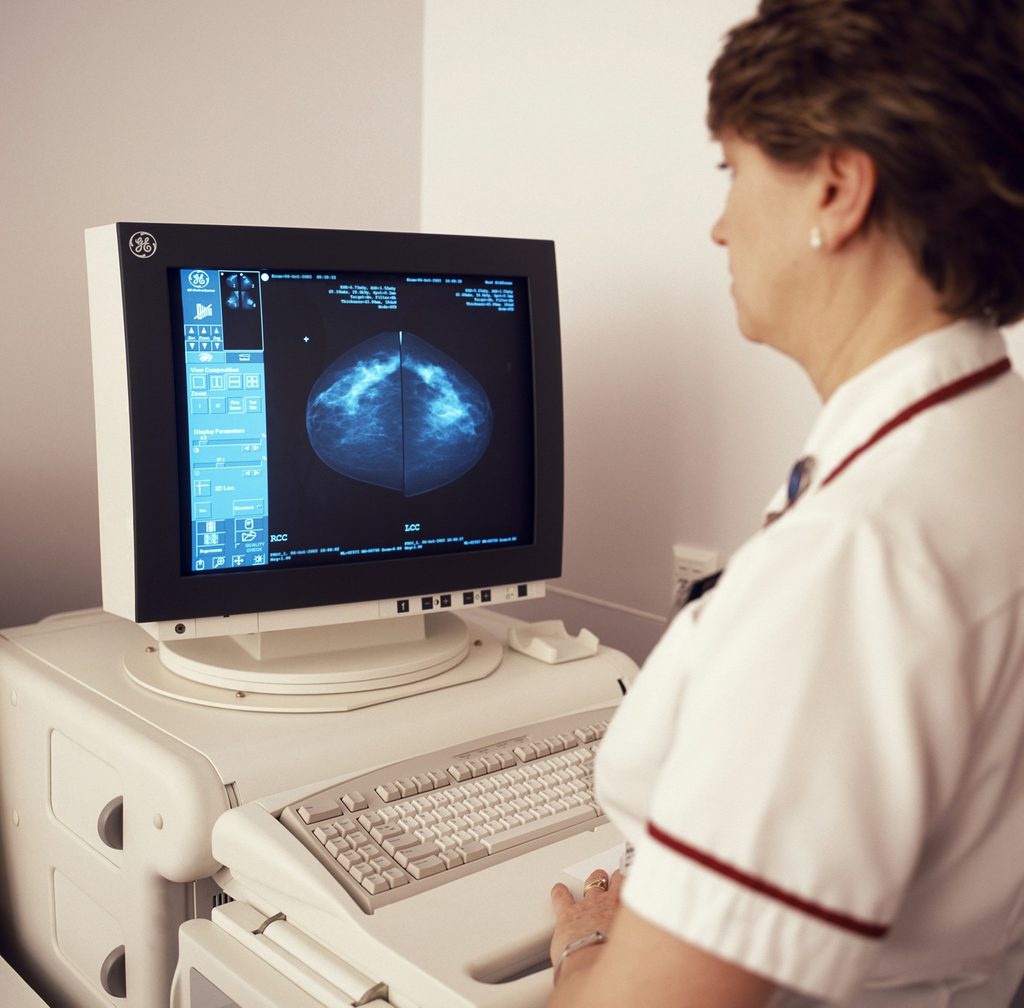Artificial intelligence (AI) software appears to be able to reduce the workload of radiologists in breast cancer screening, according to initial data from a study published on Wednesday.
Conducted in Sweden and published in the Lancet Oncology, the main conclusion of the study is that there is no risk in radiologists using artificial intelligence software to better guide their analyses. However, it is too early to deduce whether the software is of real benefit.
The researchers divided some 80,000 women into two groups of similar size. All underwent mammography, but the first group was screened in the conventional way (with two independent radiologists), while the data from the second was examined first by AI and then by a single radiologist.
The results show that the AI-assisted group did not perform any worse: they even detected slightly more cancers. Meanwhile, the rate of 'false positives' (cases where the first examination wrongly suspects cancer) was similar.
As only one radiologist is needed in the procedure involving AI, the use of this technology could potentially halve the workload of these doctors.
These results are promising because screening is widely considered to be one of the main ways of combating breast cancer.
Related News
- World first: Belgian hospitals treated abnormality of baby in the womb
- Women may pause hormone treatment for breast cancer if they wish to get pregnant
- Lung cancer becomes second most common cancer in women
However, it is too early to conclude whether AI is of real benefit in this field: it will take several years to know whether it is as effective as a double human opinion.
To do this, the researchers will compare in two years' time the rate of cancers that have escaped screening but have been diagnosed in the meantime.
These initial data also leave uncertainty about the risk of 'overdiagnosis' (identifying lesions that would not have developed into dangerous cancers without treatment).
This question of overdiagnosis is at the heart of some criticisms of the merits of generalised screening, even though research is increasingly confirming its value in reducing breast cancer mortality.

